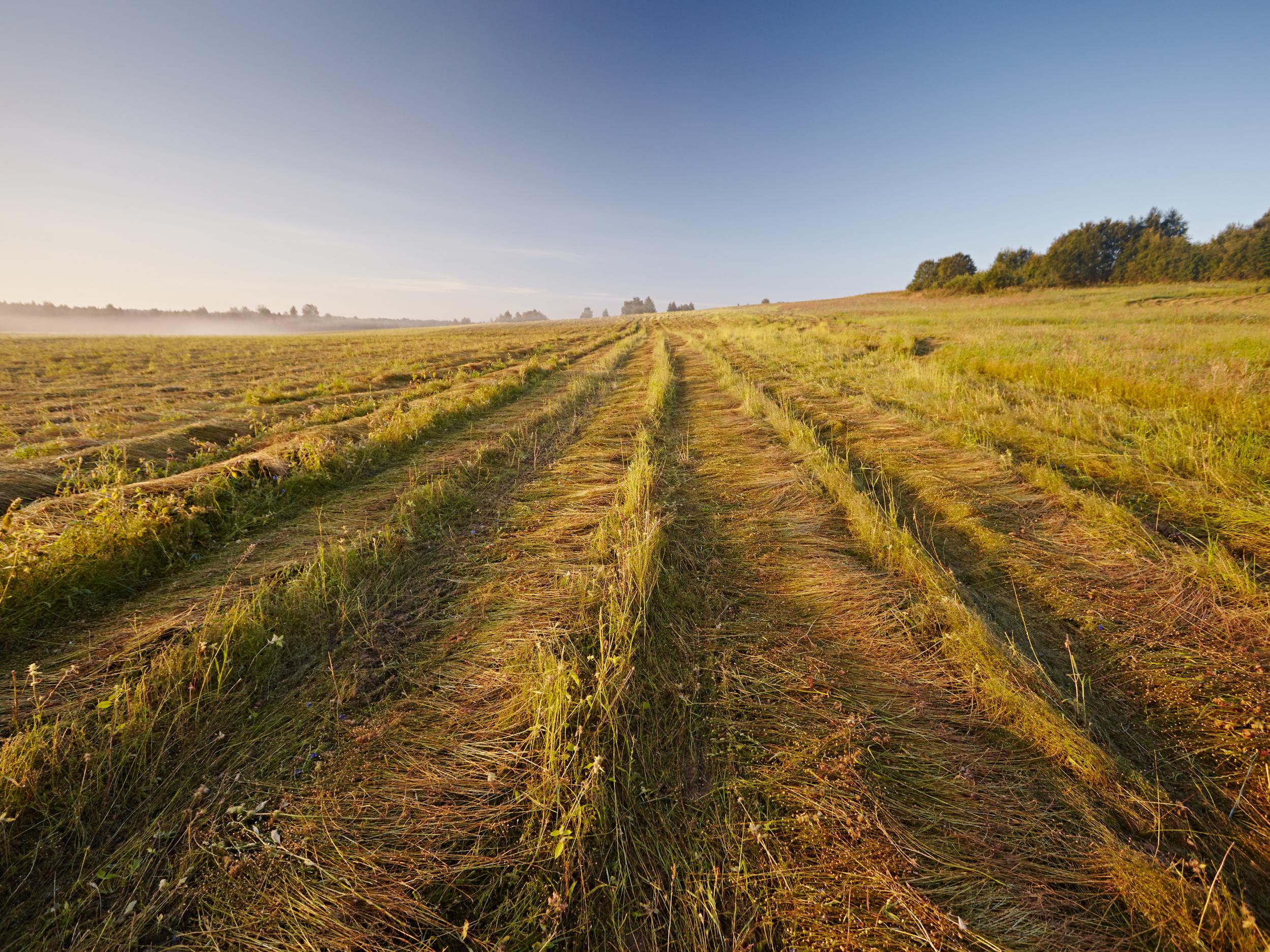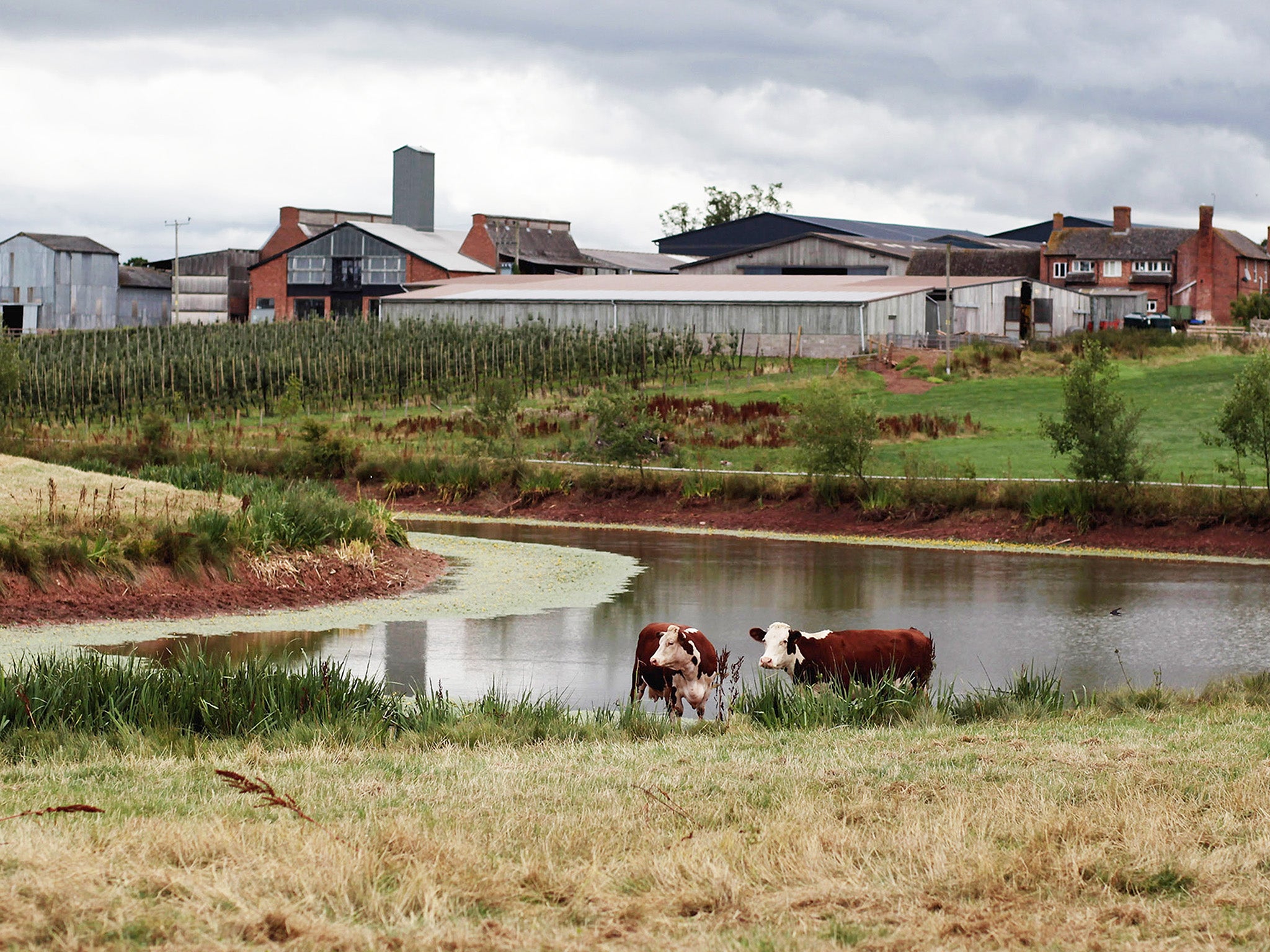Celebrating the ordinary: Taking a look at the countryside for what it really is
Tracking Back: In the latest in his series of reflections on places and pathways, Will Gore wonders why our visions of rural life are so extreme

It’s easy enough to romanticise the English countryside: sparkling lakes and drystone walls; beech hangers and chalk hills; a place for everything and everything in its place.
On the other hand, rural life is frequently presented in its worst light too, as if there is somehow a need to balance the poetic idealism seen in glossy magazines or Escape to the Country. In this negative version, farming is on the rack, drug use and depression is rife, and regressive political views compete only with apathy.
As ever, there are germs of truth in both accounts – but there is also a less dramatic reality in between, evident in places you wouldn’t give a second glance to since they are neither stunningly beautiful nor scenes of rubber-necking ruination.
Newport, in northwest Essex, was once reliant on agriculture. In the past half a century, it has grown significantly; its historic high street, which runs parallel to the M11 motorway, is fed by numerous side roads leading to recent housing developments. Residents are more likely to be employed in City banks than by local farms.
But cross the railway line via the station’s elderly footbridge, as I did this week, then nip through a gap in a tall hedge, and a working landscape reveals itself. A path used mostly, at a guess, by dog walkers heads dead straight up a modest incline, through a scrubby meadow where myriad grasses compete with thistles and glance jealously at the poppies still in bloom.

To the north, the odd large, modern house abuts the field, but to the south – over a rise – is a chalk quarry, a vast pit in which a few excavators move unhurriedly, digging out 15,000 tons of stone a year, apparently. At the top of the meadow, the path veers left through a clutch of trees and into another field: this one, though, has a crop of flax in it, a rare sight in 2019. The light blue flowers have not long ago passed their peak but they still fleck the field like coloured icing sugar.
In a large garden nearby, a blackbird, perched in the upper branches of a dull leylandii, goes through his repertoire as if his life depended on it. High above the flax, a skylark answers with his joyful warble, so much less ostentatious than the blackbird, yet is there any sound which can be more instantaneously uplifting?
And this in truth is the reality of much of England’s countryside: a managed, working place; pleasant but not wildly inspiring; functional, prosaic rather than Wordsworthian
On the far side of the field are a pair of large, industrial-looking barns of dark green. Hedges surround the flax on two sides, but modern agriculture and hedgerows have not been happy bedfellows – bigger fields mean bigger yields, and easier management. The issue is more easily raised than addressed.
It would be hard to say this landscape is remarkable, or beautiful. It is serving human needs, just like the village in the shallow valley below – its historic church spire poking out among the uninteresting houses that have dominated recent residential developments. And this in truth is the reality of much of England’s countryside: a managed, working place; pleasant but not wildly inspiring; functional, prosaic rather than Wordsworthian.
Yet, it is the ordinary which should be both celebrated and examined, loved and improved – otherwise we see only extremes, and kid ourselves into believing they are the norm.
Join our commenting forum
Join thought-provoking conversations, follow other Independent readers and see their replies
Comments